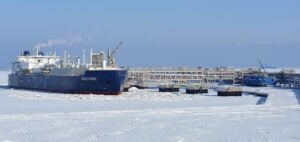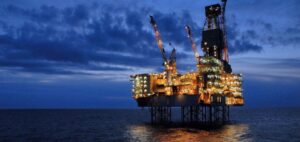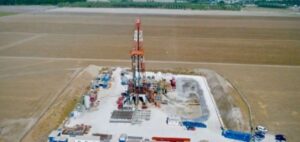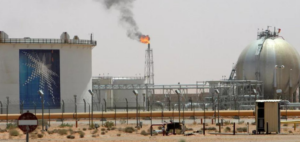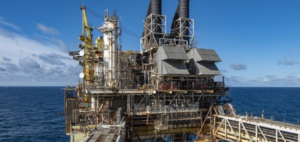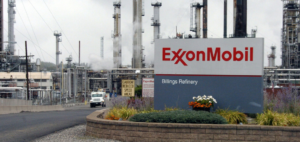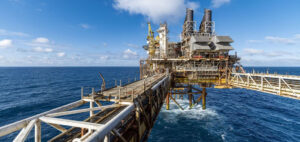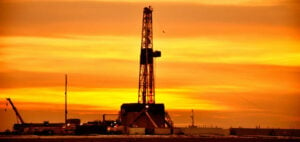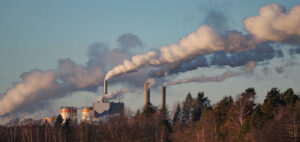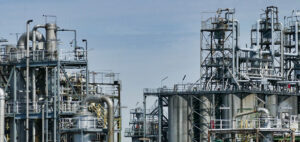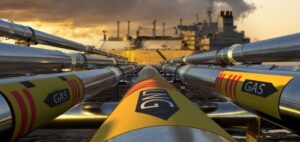Oil prices stabilized on Monday, caught between growing tensions on the market and Chinese economic stimulus measures deemed insufficient, while European gas prices surged again, driven by strike threats in Australia.
Mixed outlook for energy prices: Tensions between US demand and Chinese economic concerns
At around 15:20 GMT (17:20 in Paris), Brent North Sea crude oil for October delivery was up 0.21% at $84.98 a barrel. Its American equivalent, a barrel of West Texas Intermediate (WTI) for September delivery, gained 0.37% to $81.56. Prices, “initially helped by the more positive tone of equity markets” earlier in the session, lost momentum, commented Michael Hewson of CMC Markets. “The prospect of a slowdown in China offsets the prospect of tighter markets,” he continues.
On the one hand, “demand seems to be increasing in the United States, which is confirmed by the country’s falling inventory levels, and expectations of lower production from Saudi Arabia and Russia” are pushing prices upwards, explain analysts at Energi Danmark. On the other hand, worries about the health of China, the world’s leading crude importer, are capping oil’s gains.
The country’s economy is closely watched by investors, as it is linked to the level of demand. On Monday, China decided to cut the one-year interest rate from 3.55% to 3.45% to boost the economy, relying on more lending to individuals and companies. The 5-year interest rate remained stable at 4.2%. For John Evans, analyst at PVM Energy, “it is unlikely that this slight easing will boost investor confidence” and boost risk assets.
Pressure on European gas prices: Potential strikes at Australian LNG facilities threaten global supply
On the natural gas side, the Dutch TTF futures contract, considered to be the European benchmark, moved without any clear direction, at 40.95 euros per megawatt-hour (MWh), shortly after having climbed to 42.90 euros per MWh.
“European gas prices are rising again (…) as strikes at Australian LNG facilities become more likely, with the risk of a global supply squeeze”, commented DNB analysts.
Gas prices had already soared in mid-August following a strike call on Woodside’s offshore liquefied natural gas platforms in Western Australia. A walkout “could begin (…) as early as September 2 if no agreement is reached in wage negotiations with Woodside Energy”, say DNB analysts.
Further talks are scheduled for Wednesday. If European summer demand for natural gas remains low and stocks high (EU gas reserves are 90% full), analysts fear that LNG-starved Asian buyers will switch to the European market, driving up demand and prices.



